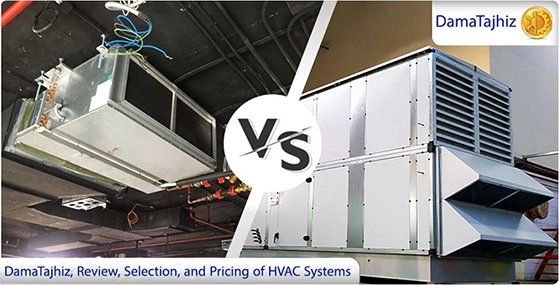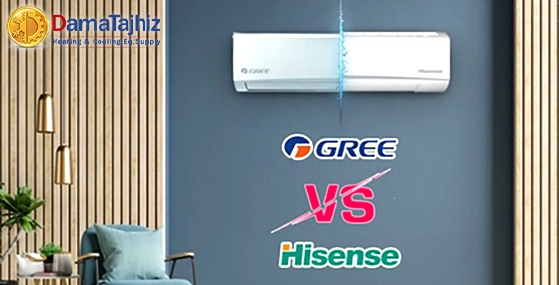Fan Coil vs. Air Conditioner Split AC
Today, HVAC air conditioning systems are essential in buildings, providing cooling in summer, heating in winter, and maintaining healthy indoor air. Units like split ACs and fan coils come in different models tailored to project needs, capacity, climate, and space. This article compares fan coil units vs. split air conditioners in performance, use, energy efficiency, and costs.
Table of Contents
Fast shipping nationwide
Secure payment
Valid warranty
After-sales service
Address
Head Office: No. 463,Talebian Alley,Taleghani St.Tehran,Iran
Phone
Fax
Email


DamaTajhiz has provided the opportunity to sell and ship specialized HVAC equipment for applicants in the following countries as the first and the most popular online store for selling HVAC equipment (Heating , Ventilation , Cooling , Air conditioning) in the Middle East : Afghanistan – Tajikistan - Uzbekistan – Turkmenistan – Azerbaijan – Armenia – Georgia – Turkey – Iraq – Syria – Jordan – Kuwait – Emirates – Qatar – Oman.




